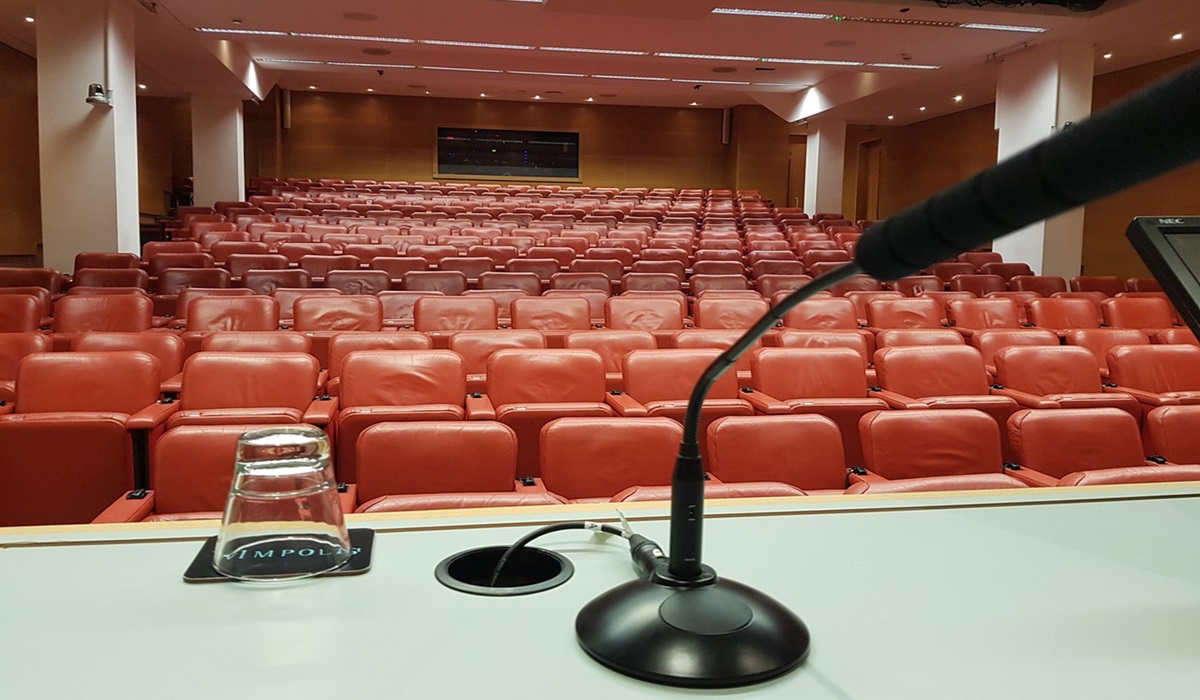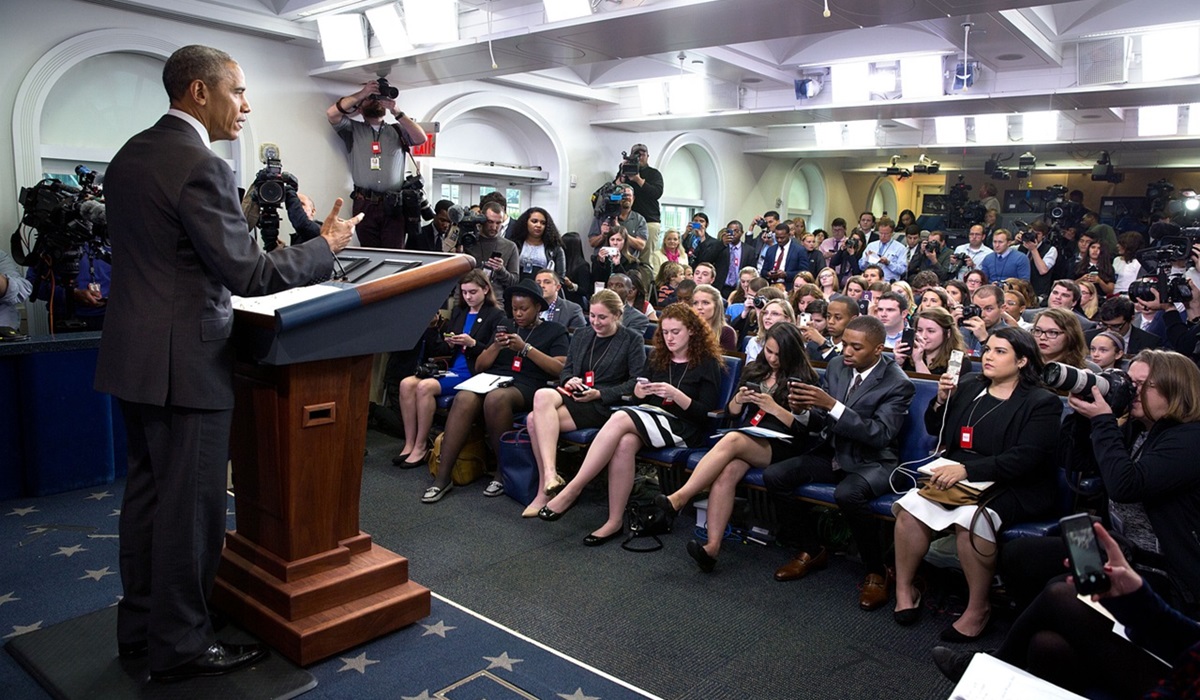Critiquing the Spectacle: Presidential Debates A Show Of Theatrics Over Substance?
- Kingston Bailey
- U.S.A
- June 21, 2024

Image Credit, Spencer Garner
Presidential debates have long been pivotal in US elections, providing candidates a national stage to discuss policies, demonstrate leadership, and sway undecided voters. Yet, their effectiveness has come under scrutiny in recent years. As an upcoming debate with Biden, Trump, and third-party candidates approaches, it’s essential to assess whether these events still fulfill their intended purpose.
Debates trace their origins to the 1960 Kennedy-Nixon televised clash, revolutionizing political communication. Initially focused on policy discussions and showcasing candidates’ knowledge, they have evolved with changing media consumption and campaign strategies. However, critics argue debates now prioritize theatrics over substance, featuring rehearsed sound bites, personal attacks, and evasive responses. Media amplification turns these events into entertainment rather than informative discussions, further challenged by biased moderation and format criticisms.
Despite criticism, debates draw significant audiences and can influence undecided voters through candidates’ perceived credibility and articulation. Nonetheless, many voters, swayed by party loyalty or prior impressions, view debates through the lens of confirmation bias. Social media has reshaped debate dynamics by providing real-time candidate interactions and instant public reactions, influencing public perception and candidate strategies.
Third-party candidates encounter barriers to participation due to stringent criteria set by the Commission on Presidential Debates (CPD), limiting voter exposure to diverse viewpoints. Advocates for inclusivity argue for broader candidate representation, suggesting it could enrich political discourse and engagement. Conversely, proponents of current rules stress the necessity of manageable debates focusing on viable contenders, amid logistical and time constraints.
Proposals for debate improvement include revising formats to allow in-depth policy discussions, reducing timed responses, and exploring alternative formats like town halls. Reforming the CPD for transparency and inclusivity also garners support, aiming to ensure fair debate planning and moderation.
While presidential debates remain crucial for informing voters and shaping perceptions, they face challenges in adapting to digital age demands. Evolving debates to emphasize substantive discussions and inclusivity could bolster their relevance in a democratic process increasingly influenced by media and partisan dynamics.








